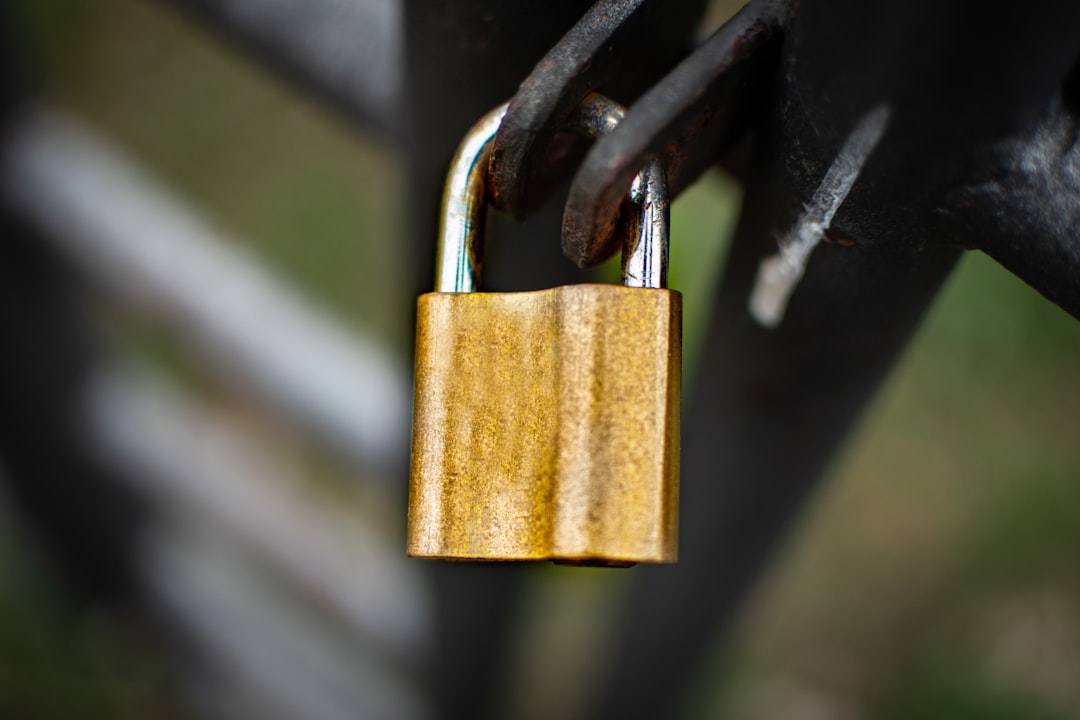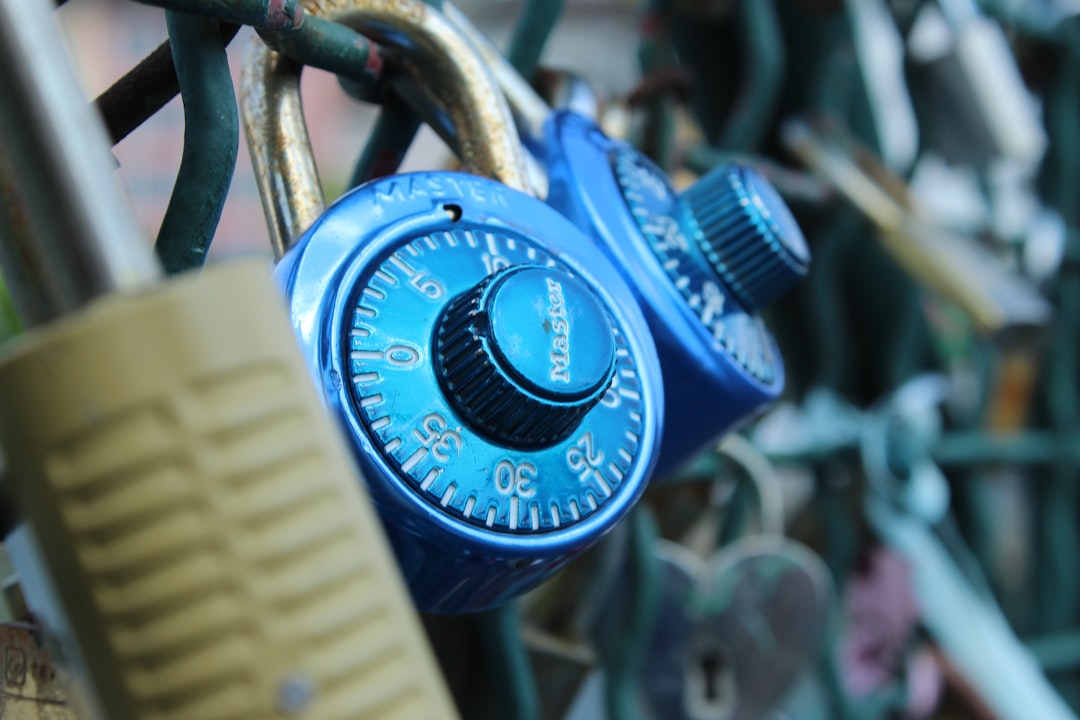As concerns over digital privacy continue to grow, many internet users in the United States turn to virtual private networks (VPNs) as a tool to guard against government surveillance. With news of data breaches, online tracking, and mass monitoring programs, it’s no surprise that people want to take back control of their internet activity. But the real question remains: Can a VPN truly shield you from government data collection efforts in the U.S.?
What Does a VPN Really Do?
A VPN, or Virtual Private Network, works by creating a secure, encrypted connection between a user’s device and a remote server operated by the VPN provider. This secure tunnel hides your IP address and encrypts your internet traffic, theoretically preventing anyone — including your Internet Service Provider (ISP) — from seeing what you do online.
Because of this encryption and anonymity, VPNs are often marketed as privacy-focused solutions that make your online behavior invisible not only to advertisers but also to governmental organizations like the NSA or FBI.

Can the U.S. Government Still Monitor You?
Even though VPNs offer a higher level of privacy, they’re not magic cloaks that make you invisible. Here’s what VPNs can and can’t do when it comes to U.S. government surveillance:
- Mask Your IP Address: VPNs can successfully hide your IP, making it harder to link your online activity directly to your location or identity.
- Encrypt Your Traffic: VPNs encrypt the data that travels between your device and their server, preventing ISPs or unsecured Wi-Fi networks from snooping on your activity.
- Limit Tracking: With no IP and encrypted traffic, most tracking attempts are neutralized.
However, there are limits to what a VPN can accomplish:
- VPN Logs: If a VPN provider keeps logs (connection timestamps, IP addresses, usage data), those can be subpoenaed or willingly shared with the government.
- Endpoint Monitoring: Government agencies may surveil websites and apps you’re visiting. If your communication is not end-to-end encrypted, the government can still intercept it after it leaves the VPN tunnel.
- National Security Letters (NSLs): U.S.-based VPN providers can be compelled by law to share data with authorities and might be legally barred from disclosing this to users.
Can You Trust Your VPN Provider?
Trust is critical in choosing a VPN. Many VPNs advertise “no-log policies,” which means they claim to store no data about your activity. But whether these claims are true depends on the jurisdiction and transparency of the company.
VPNs registered in countries with strict privacy laws, like Panama or Switzerland, are generally considered more trustworthy because they are outside the reach of U.S. surveillance laws like the Patriot Act or the CLOUD Act.
But even foreign VPNs come with risk. A provider could still be compromised, or its infrastructure monitored through partnerships or third-party servers.
Additional Layers of Protection
Using a VPN alone is not foolproof. For maximum privacy, individuals may also consider using:
- Tor browser: Anonymizes traffic through a multi-layered relay system.
- Encrypted messaging apps: Such as Signal or ProtonMail for secure communication.
- Privacy-focused operating systems: Like Tails OS, which leaves no trace.

While these measures can significantly enhance digital privacy, they also come with usability trade-offs and learning curves.
Conclusion
A VPN can be a powerful tool for protecting your online identity and reducing the likelihood of being monitored by third parties — including your ISP and advertisers. However, when it comes to avoiding government surveillance in the U.S., a VPN provides limited protection. It’s an essential part of a privacy toolkit, but not a complete solution on its own.
Ultimately, no tool can offer 100% anonymity. For those with serious concerns about surveillance, combining VPN use with layered privacy tools and choosing a reputable, no-log provider is the best course of action.
Frequently Asked Questions (FAQ)
- Q: Can the government track me if I use a VPN?
A: Possibly. If the VPN keeps logs or is under U.S. jurisdiction, the government may obtain data through legal means. - Q: Are free VPNs safe to use?
A: Free VPNs often come with trade-offs such as slower speeds, data limits, and, most importantly, may log and sell your data. - Q: Will a VPN stop my internet provider from seeing what I’m doing?
A: Yes, VPNs encrypt your activity, so your ISP can only see that you’re connected to a VPN — not what you’re doing on the internet. - Q: What type of VPN is best for privacy?
A: Look for VPNs with a verified no-log policy, strong encryption protocols, and a base outside of U.S. jurisdiction. - Q: Do VPNs protect me from hackers?
A: VPNs encrypt your data, which is particularly helpful on public Wi-Fi networks and can reduce the risk of data interception.
